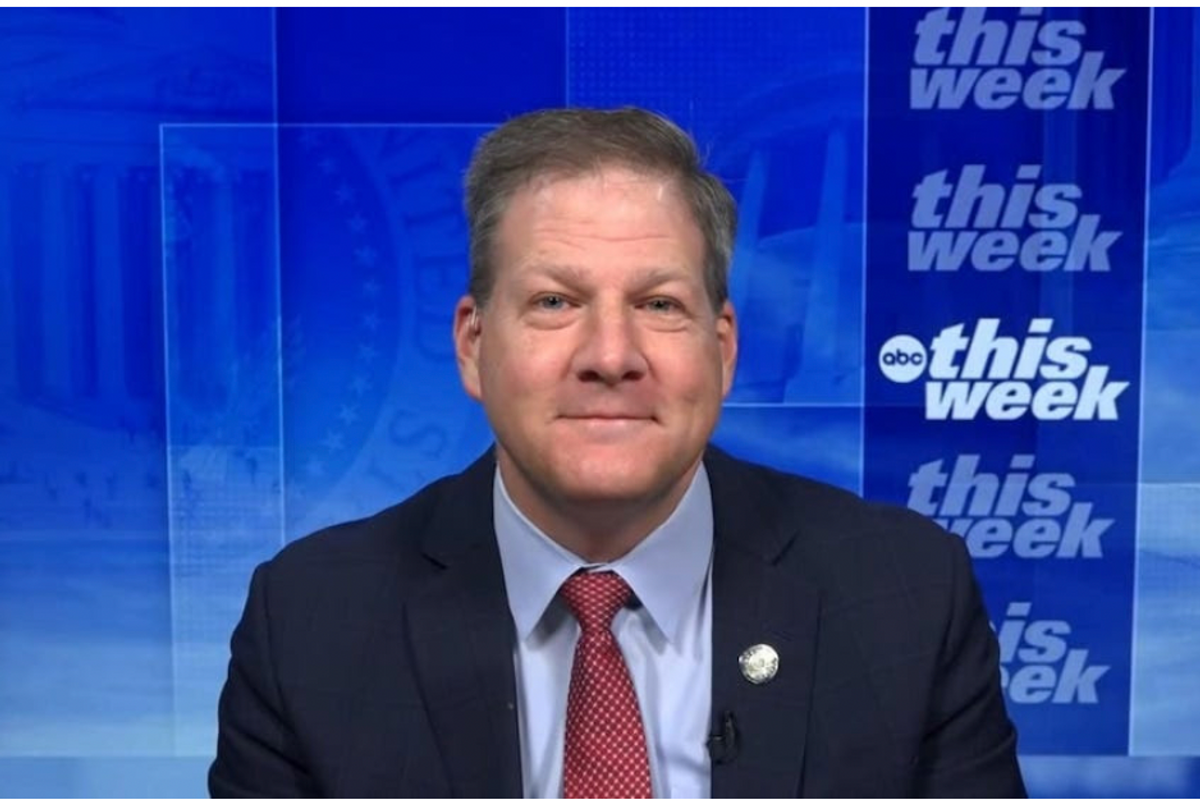We all have heard the admonishment that polite people never discuss politics or religion at the dinner table.
Forgive me, but that sounds like a big part of the problem right now in America.
I grew up in a small working-class town in northeast Ohio. In our Protestant home, the dining room table faced the Jack-and-Jesus wall. Under Mom’s watchful gaze in 1961, Dad had hung a painting of Christ next to an official-looking portrait of President John F. Kennedy. Once, a neighbor and fellow Presbyterian breathlessly pointed to the wall and declared that Kennedy was a Catholic. Mom smiled and assured her that God loved everyone — even bigots. That was a short visit.
Our table manners were impeccable, thanks to my mother. Our politics were part of the menu, thanks to my father, who worked at the local power plant and was a proud member of the Utility Workers, Local 270.
Reminders of Dad’s work were everywhere in our house, from the potholders printed with images of Reddy Kilowatt, the cartoon mascot of the Cleveland Electric Illuminating Co., to the electrical outlets and light switches in every room. So often, I’d flick a switch and hear my mother chirp, “Thank your father for that light.” As far as Mom was concerned, every volt of electricity to 1225 W. Prospect Rd. was delivered on the brawny shoulders of her husband, Chuck Schultz.
Another reminder of Dad’s work came in a bound union contract that he tucked in his back pocket every day before he left for the plant. At night, he’d lay it next to his watch and wallet on my parents’ dresser.
Before I was 10, I was leafleting for candidates Dad supported. I saw my first presidential candidate in 1968, when my parents piled all four of us kids into the family car to drive to downtown Ashtabula for the chance to hear Vice President Hubert Humphrey speak. We have silent footage of that speech, filmed by Dad’s shaky hand.
I knew “the personal is political” long before feminists declared this to be so. In a union home, you grow up knowing that some people — our kind of people — are only strong in numbers. You also know who’s on your side. You learn all of this in the nightly discussions over family dinners.
If you grow up talking over dinner about the role of government in your daily life, chances are you still will be doing that when it’s your turn to be the grown-up at the table. It’s also likelier you’ll know the names of your elected officials and be a consistent voter, too.
In a column last week for The Wall Street Journal, Jonah Lehrer asked readers to consider the following statistics about today’s voters in America:
–The vast majority of them can’t name their member of the House of Representatives or any single congressional candidate.
–Forty-five percent of adults don’t know that each state elects two senators.
–Forty percent of Americans can’t name the vice president.
–Sixty-three percent can’t name the chief justice of the U.S. Supreme Court.
In most communities, you need only to ask 10 strangers to name their member of Congress to get that sinking feeling that Lehrer’s numbers are not far off the mark. There’s a reason that misleading campaign ads work, and it’s never because the public knows too much.
The 2012 presidential race will see an onslaught of negative ads produced by groups with no discernible identities. The Supreme Court’s decision in the Citizens United v. Federal Election Commission case unleashed wealthy donors to give unlimited amounts of money to independent groups that produce campaign ads. They can do this anonymously, so you won’t even know who’s trying to play you for a chump.
So let’s be willing to make some people uncomfortable at the dinner table. Let’s unravel the mystery of politics, one meal at a time, and start with the basics:
–No matter what state you call home, you have two senators and one member of the House representing you. Libraries, newspapers and countless websites can tell you their names.
–The vice president of the United States is Joe Biden.
–The chief justice of the Supreme Court is John Roberts.
–Election Day is Nov. 6 this year.
If you already know all this, speak up, even at the dinner table.
Especially at the dinner table.
This is no time to mind your manners.
Connie Schultz is a Pulitzer Prize-winning columnist and an essayist for Parade magazine. She is the author of two books, including “…and His Lovely Wife,” which chronicled the successful race of her husband, Sherrod Brown, for the U.S. Senate. To find out more about Connie Schultz (con.schultz@yahoo.com) and read her past columns, please visit the Creators Syndicate Web page at www.creators.com.
COPYRIGHT 2012 CREATORS.COM


